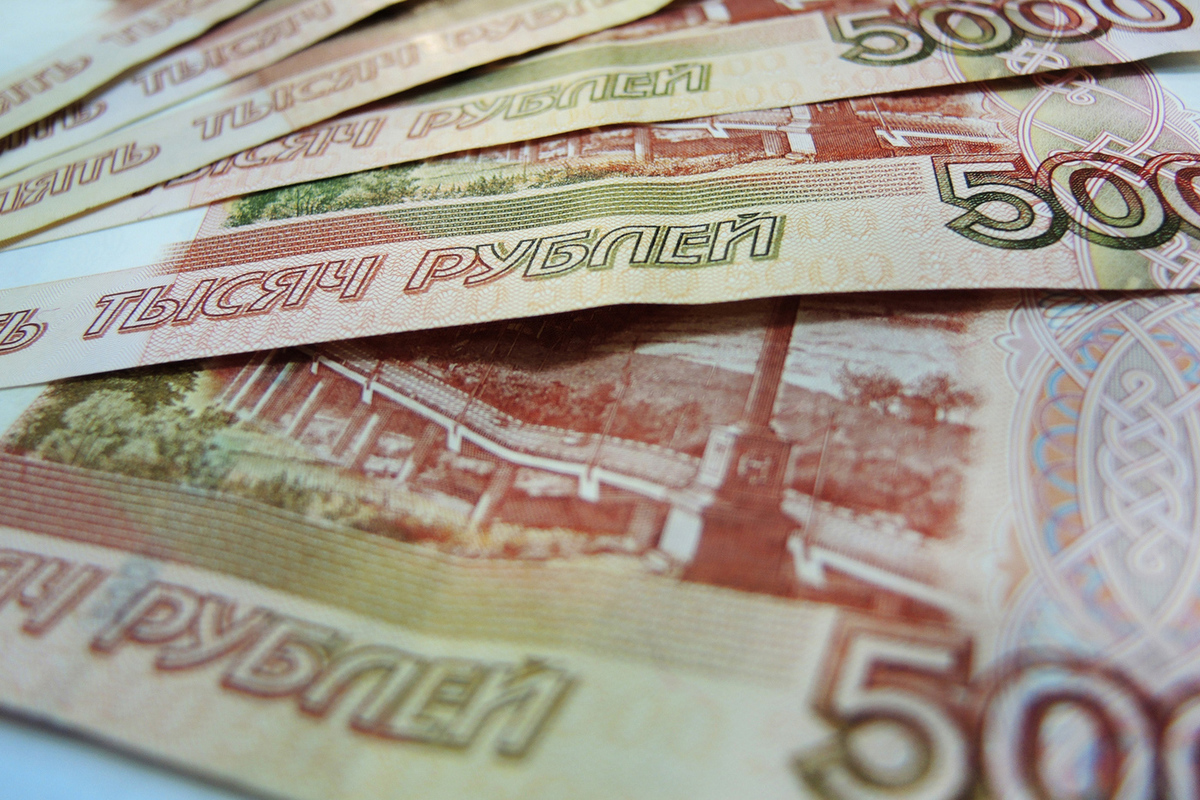Poor Russians were offered to be exempted from paying personal income tax: the bill has no chance of adoption
[ad_1]

A bill has been prepared to exempt Russians with a salary below 30 thousand rubles from income tax. Its authors represent the parliamentary faction, whose leader is registered as a presidential candidate in the elections on March 15-17. It seems that we are talking about a situational initiative timed to coincide with a specific political event. The modern history of the country and its parliament remembers many such outbursts of zeal for the people. But what he remembers much worse is the manifestations of systemic, sincere and selfless concern for poor – in the literal and figurative sense – fellow citizens.
According to the authors of the bill, by exempting from paying personal income tax (13%) that part of the population whose total income for the year is no more than 360 thousand rubles, the authorities will “really ease their situation.” In addition, the measure will help increase the level of economic activity in the country, as the family budget will increase and the level of demand and market activity will increase. Well, that sounds convincing. But the document, which provides for amendments to Article 217 of the Tax Code, has zero chance of a happy legislative fate.
The financial and economic justification states that the exact amount of additional funds that will be needed to compensate for the shortfall in income (and should be taken into account when forming the federal budget for 2025 and for the planning period of 2026 and 2027) cannot be determined. For the reason that there is no data on the number of citizens with a salary of less than 30 thousand rubles. Amazing myopia! And for whom then does Rosstat work, to whom are its statistics based on scrupulous research addressed? According to the department, of the 73.3 million employed, 16.9% (12.39 million people) receive salaries ranging from 24.3 thousand to 33.2 thousand rubles; 13.1% (9.6 million) – 16.6-24.3 thousand; 5.9% (4.3 million) – 12.7-16.6 thousand; 2.5% (1.8 million) less than 12.7 thousand rubles. Total – 28 million.
In theory, the new bill should be addressed to them. But! Considering the extremely careful approach of the Ministry of Finance and Minister Siluanov personally to every budget penny, it is unlikely that the state will decide to benefit nearly three tens of millions of workers with a zero personal income tax rate. What kind of compensation costs will be needed! They will clearly count in the trillions. Where do they come from in the deficit federal treasury? By the way, the bill was originally presented last year, but the government reacted negatively. They considered that “the idea of supporting the least protected categories of citizens deserves attention,” but the document itself needs significant improvement.
In particular, the right to receive the corresponding exemption is not related to the general level of income of the taxpayer (including income from other types of activities). Consequently, government experts warned, “taxpayers who do not belong to socially vulnerable segments of the population can also take advantage of the proposed benefit.”
But the main problem is not the shortcomings of the bill itself, but the current economic situation and the prospects for 2024, which are far from rosy. Rosstat and the Ministry of Finance will not let you lie. Thus, in January the budget deficit amounted to 308 billion rubles, and expenses were 13% less than in January 2023. In the same month, Russian enterprises reduced oil refining volumes by 4%. To date, the liquid part of the National Welfare Fund has shrunk to 4.9 trillion rubles (from 8.8 trillion at the beginning of 2022). True, GDP in 2023 grew by 3.6% (industry by 3.5%), but mainly due to powerful budget injections into the military-industrial complex. While, for example, agriculture and transport freight turnover went into the negative, showing -0.3% and -0.6%, respectively. As for inflation, no control has yet been found for it; it still remains at the level of 7.3-7.4% in annual terms.
What is all this numbers for? And to the fact that there is a harsh economic reality that says: now is not the time to refuse certain tax revenues to the budget. Even under the good slogan of helping the poor.
And against this background, exactly a month before the presidential elections, deputies initiated a bill that would require additional, and most importantly, uncalculated budget expenditures. For the sake of the “poor” people? Or maybe for the sake of a few extra percent for his presidential candidate? You should not mix flies with cutlets. The economy is separate, the political situation is separate.
[ad_2]
Source link






